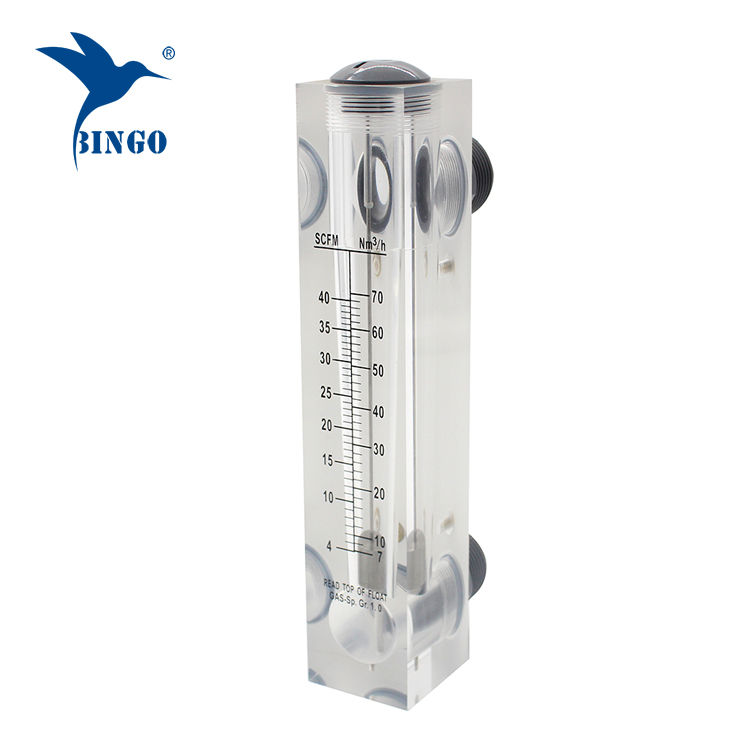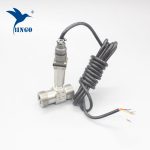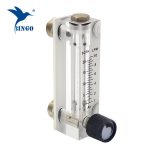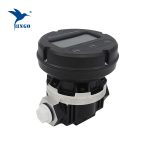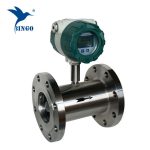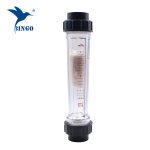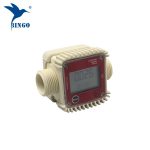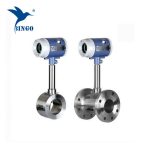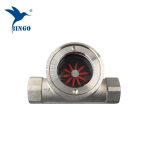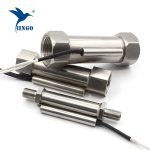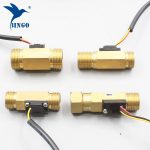Quick Details
Brand: CHUNKE
Working pressure: ≤1.5Mpa
Operating temperature: 0-90℃
Fitting material: PVC
Float Material: stainless steel, organic glass, Agate ball ,polytetrafluoroethylene
O-ring material: silicon rubber,The fluorine element rubber
Company Introduction
The company in the water treatment industry, with its extensive field experience and technical development capabilities, combined with the global industrial water treatment and new materials, new technologies developed on the basis of a series of technologically advanced, affordable, reliable water treatment systems, industrial water treatment systems company dedicated to product development, design and manufacturing, equipment supply, Project installation, technical support, service, etc., and create a leading, highquality, highly efficient and robust water treatment program, widely used in electricity, electronics, electroplating, chemical, pharmaceutical, food and beverage, building materials, domestic water and other fields.
FAQ
Q. How do I know what type of system I have?
A. Learn more about the various types of water filtration and purification systems by calling us.
Q. How do I know what’s in my water?
A. There are several ways you can find out what is in you water. A water analysis can be sent to State Approved laboratory. This information is available through your state health department .
There are also home DYI (do it yourself) water analysis kits that are available. They test for a variety of different contaminants, both aethetic and health related.
Q. Which type of water treatment product should I purchase?
A. First know what is in your water that you want to remove – specific contaminants. This is accomplished through a water analysis. Next investigate what type of systems are available that address your specific needs. There are a number of resources that you can use to make a good buying decision. Remember the overall water quality in the United States is very good, so never ever buy a product that is sold to you via scare or alarm tactics. And by all means check with several sources before you buy there are a great many over priced water treatment systems sold.
Q. Where do I shop for water treatment system?
A. There are a number of very reliable places to purchase water treatment equipment. They include reliable home improvement outlets, internet sales sites and water conditioning companies.
Q. Once installed does water treatment equipment require any service or parts?
A. Yes, All in home water treatment equipment needs occasional attention and many require replacement filters & membranes. Follow the manufacturers recommended service and maintenance instructions.
Q. My water is dirty, it has a color to it. Why is it dirty and how can I make it clean?
A. If your water is coming from a well and the water is rust colored, then the problem is probably iron. If the water color is black it could be either sulfur, which has a smell like rotten eggs or manganese. All of these can be treated with an ion exchange water treatment system. A bigger problem is if the water has a very fine dirt content which may indicate the presence of colloidal clay. A good indication if you have a clay problem is if water in a glass stays cloudy after sitting for 60 minutes. If this is the case a coagulation filter system may be required.
Q. My water taste bad? What may be the cause and can it be corrected?
A. If you want to just treat the drinking and cooking water at your sink POU (point of use), you have several good options. A reverse osmosis system can greatly improve the taste and the quality of your water. If the offensive taste is clearly chlorine then a good carbon filtration unit can be used.
If you elect to treat the whole house, a system that is installed at the point where the water enters the home POE (point of entry), then your first step is to identify what is causing the problem (have a water analysis done). Once you have identified what is causing the taste problem you can then research what type of water treatment equipment is designed to address your specific needs.
Q. My well water tested positive for coliform bacteria. What does this mean and what can I do about it?
A. Coliform bacteria can be an indicator that the well may be susceptible to bacteria contamination. There are several option that you have. One is to disinfect the well and retest for coliform. If this second test also shows positive for coliform, then a hole house water treatment system should be considered. The most commonly used treatment methods are ultraviolet (UV), ozonation and chemical feed pump.
Q. Will the water from my tap make me ill?
A. Keep in mind that there have been very, very few problems with water supplied by local water municipalities. A bigger concern is water that is supplied by private wells or springs. If you are concerned about the quality of your tap water have it checked by a state approved lab. If the lab report indicates that there are no health related contaminants in your tap water there is little reason to worry. If you would like to treat your water due to an undesirable taste or odor there is a variety of good water treatment choices available to you.
Q. What is a reverse osmosis system ?
A. Reverse osmosis systems produce pure water by forcing untreated water or tap water through a semi permeable membrane. The membrane lets only water molecules pass through directing it to the units storage tank,, the impurities that are separated from the water molecules are forced down the drain. The system consists of both pre and post filters which add additional contaminant removal.
Q. What is activated carbon and what does it do?
A. Carbon used in filtration applications is produced by grinding a carbon source - like bituminous coal, peat or coconut shells and heating the material in the absence of oxygen to 1000 degrees to bake off impurities. The mater

